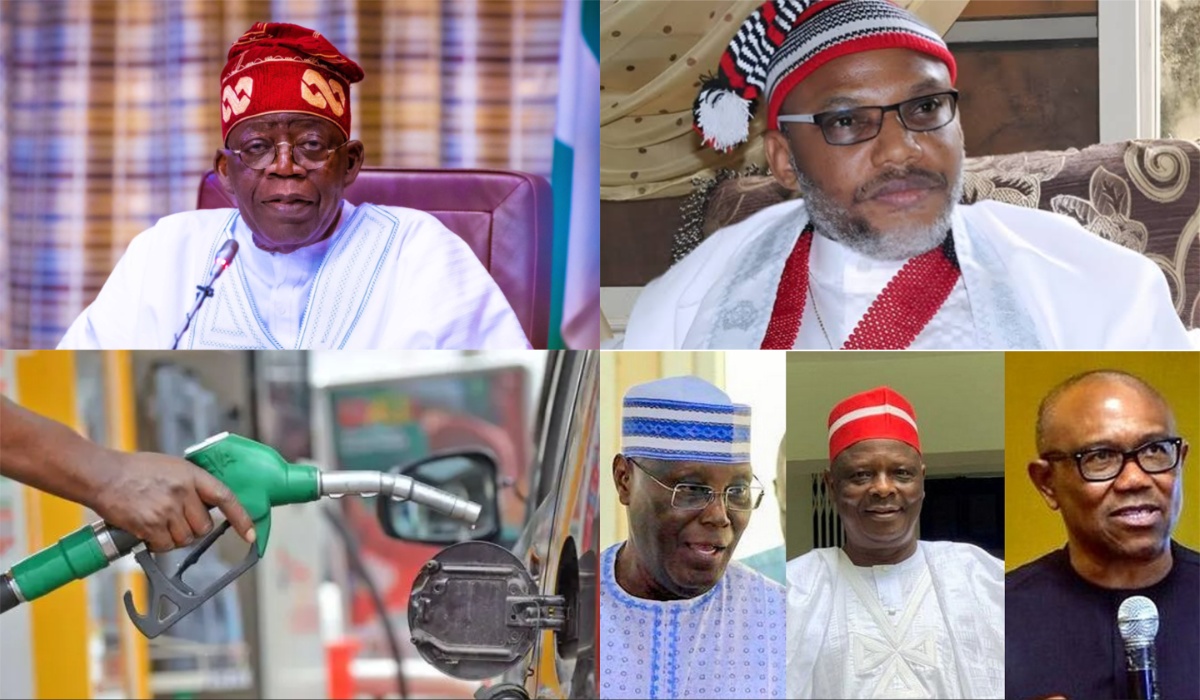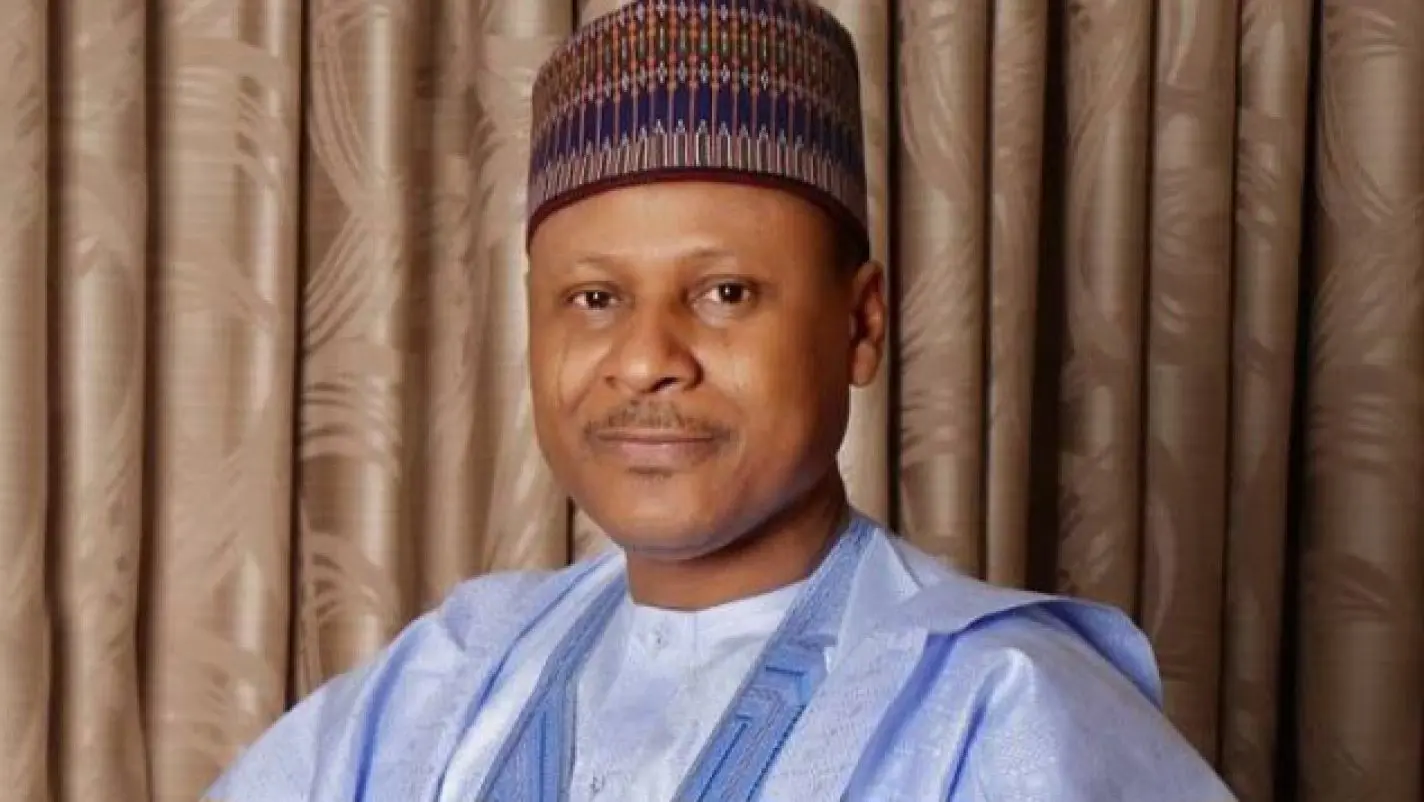The year 2023 was eventful for Nigerianas as the citizens elected new leaders who would pilot the affairs of the country for the next four years.
The elections, no doubt, witnessed a lot of intrigues and political manoeuvrings. However, the rest is history.
DAILY POST takes a look at some of the major events that shaped the year.
Presidential election
The 2023 presidential election came with several twists that make it holistically different from other elections conducted in the country since Nigeria returned to democracy.
Unlike the 2015 and the 2019 elections where Nigerians were limited with the option of either the All Progressives Congress, APC, and the Peoples Democratic Party, PDP, there were other forces in the 2023 presidential polls.
The Labour Party, LP, and the New Nigerian Peoples Party, NNPP, added flavour to the election as they gained massive popularity during the polls.
DAILY POST reports that while the PDP fielded a former vice president, Atiku Abubakar as its candidate, the ruling APC had Bola Tinubu, while LP and NNPP had Peter Obi and Rabiu Kwankwaso, respectively, as their flagbearers. The entrance of Mr Peter Obi of the LP changed the dynamics of the game.
The Independent National Electoral Commission, INEC, eventually declared Tinubu winner of the election after garnering 8,794,726 votes, a development that led to litigation.
Tinubu also defeated the opposition parties at both the Presidential Election Petition Tribunal and the Supreme Court.
May 29 handing over
It was an emotional moment for some Nigerians when the former president, Muhammadu Buhari exited Aso Rock Villa on May 29.
President Bola Tinubu was then sworn in as Nigeria’s 16th head of state since 1960 and the fifth president since the return to civil rule in 1999.
After handing over the mantle of leadership to his successor, Buhari retired to his hometown, Daura in Katsina State where he is currently taking care of his farm.
About 28 newly elected and returning governors were also inaugurated in different states across the country on May 29.
Fuel subsidy removal
In his inaugural address on May 29, President Tinubu announced the removal of fuel subsidy, a development that landed millions of Nigerians in an unprecedented hardship.
Although some of his predecessors had attempted to stop the fuel subsidy payment following the alleged corruption shrouding it, Tinubu finally ended the subsidy hours after he was sworn in as president of the country.
The announcement had an immediate adverse effect on Nigerians as the price of the Premium Motor Spirit, PMS, jumped from N195 to over N600 per litre in most parts of the country.
Prices of staple food items, other goods and services skyrocketed immediately the president announced the subsidy removal.
DAILY POST reports that despite several palliatives and other interventions by federal and state governments aimed at alleviating the effect of the subsidy removal, millions of Nigerians are yet to regain their financial strength.
Rift between Fubara and Wike
The recent face-off between the Rivers State Governor, Siminalayi Fubara and the Minister of the Federal Capital Territory, FCT Abuja also captured the attention of the entire nation.
Governor Fubara, who took over from Wike, May 29, fell out with his former boss over an alleged move by Wike to control his (Fubara) government.
On October 29, the Rivers State House of Assembly Complex in Port Harcourt was hit by an explosion that destroyed a section of the building.
The incident was sequel to reports that some members of the assembly who are loyal to Wike had concluded plans to unseat the governor via impeachment.
The alleged impeachment move came to an abrupt halt after the complex was shut down due to the fire incident.
On December 11, about twenty seven members of the Assembly defected from the Peoples Democratic Party, PDP, to the All Progressives Congress, APC.
The crisis lingered until December 18 when Fubara, Wike and former governor of the state, Peter Odili among other stakeholders met with Tinubu at the Presidential Villa, Abuja.
At the end of the meeting, an eight-point peace deal was brokered by President Tinubu, leading to a relative peace in the state.
Nnamdi Kanu
The expected release of Mazi Nnamdi Kanu, leader of the Indigenous People of Biafra, IPOB, did not happen. Many of his followers, especially people of the South-East hoped that the Supreme Court would set him free, but the apex court, on December 15, 2023, instead ordered that he should return to the High Court and face trial.
The Apex Court in a judgment delivered by Justice Emmanuel Agim but written by Justice Garba Lawal voided and set aside the judgment of the Court of Appeal which in October last year ordered the release of Kanu.
The Supreme Court held that although the Nigerian Government was reckless and unlawfully rendered Kanu from Kenya, such unlawful act has not divested any Court from proceeding with trial.
Justice Lawal said that no Nigerian law was cited in the suit seeking Kanu’s release on mere unlawful abduction from Kenya adding that at moment, the remedy for such action is for Kanu to file a Civil matter against such act instead of removing the powers of courts to continue with his trial for alleged criminal charges.
Akeredolu’s death
Like the popular saying, “death is inevitable”, there is no doubt that 2023, has proved to be a lethal year as it has claimed the lives of many Nigerians, including some prominent politicians and influential personalities.
The news of the demise of Ondo State governor, Rotimi Akeredolu was a shock to many Nigerians. Although the governor battled leukaemia for a long time, he was expected to recover and return to office.
Akeredolu became the latest governor to die in power after Patrick Ibrahim Yakowa, governor of Kaduna State died in office in 2012.
A chieftain of the ruling APC, Dr Terfa Joshua told DAILY POST on Saturday that the year has neither been rough nor smooth, saying Nigerians have reasons to be grateful to God for preventing secession.
In a chat with our correspondent, Terfa said, “2023 has been a great year politically.
“At some point, we experienced victory, at another point, it was loss and afterwards, healing.
“I can’t say 2023 has been smooth nor can I say it has been rough. At the end of the year, we thank God that Nigeria still remains one indivisible country despite what we all went through during the election.
“The presidential election that took place on February 25 was capable of dividing this country but how God did it that nothing happened after all the threats remains a mystery.
“2023 was for elections but in 2024, we will assess the government at every level and separate the goat from the sheep. Next year is for governance.
“Every leader should know that Nigerians won’t take excuses anymore, so you have to work and gain their confidence again before 2027.”
2023 in retrospect: Major political events in Nigeria

